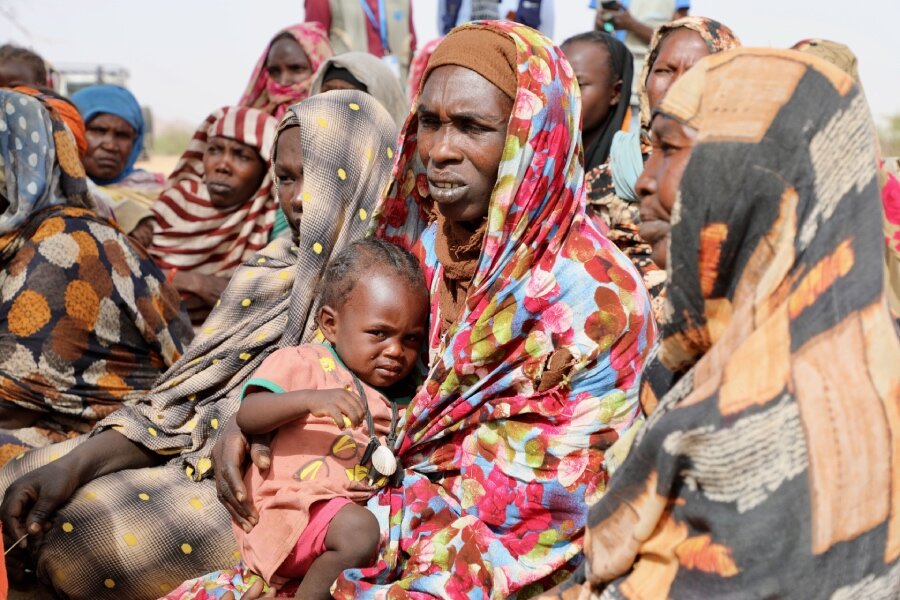Six months since the onset of the civil strife, the Sudanese populace is yet grappling with the brunt of a relentless war, as tensions between generals Al-Burhane and Mohamed Hamdane Daglo continually escalate. The repercussions of this conflict are of immeasurable scale, inflicting immense suffering on millions, endangering countless lives, leading to large-scale displacement and even causing fatalities in regions far removed from the active combat zones.
“I anticipate each sunrise with the hope of the announcement of a peaceful resolution, an accord or ceasefire, but this hope is gradually eroding day by day,” laments Rashid Mohamed Ahmed, a despondent citizen of Omdourman.
Reports have elucidated the magnitude of the issue at hand, with over 9,000 reported deaths and an alarming statistic of 5.6 million displaced persons and refugees. Furthermore, a widespread cholera outbreak coupled with the deindustrialisation has rocked the nation, bringing Sudan to a painful standstill and causing severe damage, especially in its capital city, Khartoum. As the conflict elegantly ensues, the citizens’ hope for an expeditious halt to hostilities diminishes, succumbing to an escalating sense of trepidation.
Mona Mohamed Taher, a fellow Omdourman resident, articulates the distress emanating from the populace, “The last half-year had been an agonizing period. Living in constant fear, always on edge, terrified of the incoming projectiles and gunfire.”
Amidst this turbulent situation, the Sudanese healthcare system, already in a fragile state, finds itself buckling under the pressure. Emergency rooms are overwhelmed with an incessantly inflating number of patients, while numerous hospitals have had to indefinitely cease operations due to the lack of resources.
Voicing their concerns over the crisis, the International President of Doctors Without Borders asserted that the ongoing situation in Sudan is emblematic of an appalling failure of humanity at large, consequent to the absolute disregard of warring factions for civilian protection and their refusal to facilitate crucial humanitarian access.
“On behalf of the people, we implore for aid in healthcare, blankets, bedsheets, and medicine. There’s also a severe scarcity of water. In essence, healthcare services are woefully lacking,” pleads Mounira El Ser, an altruistic volunteer spearheading relief efforts within the al-Wahda school camp.
The prospects of an impending cessation to the belligerence seem bleak. In light of the deteriorating situation, non-governmental organisations worldwide are advocating for a significant escalation in the delivery of humanitarian aid. Furthermore, they insist that Sudanese people should have unhindered access to medical assistance as the country battles dual conflicts of war and health crisis. The resolution to this catastrophe hinges on international solidarity and cooperation, underscoring an urgent need for compassionate responses and decisive actions.
Image Credit: WFP/Jacques David





